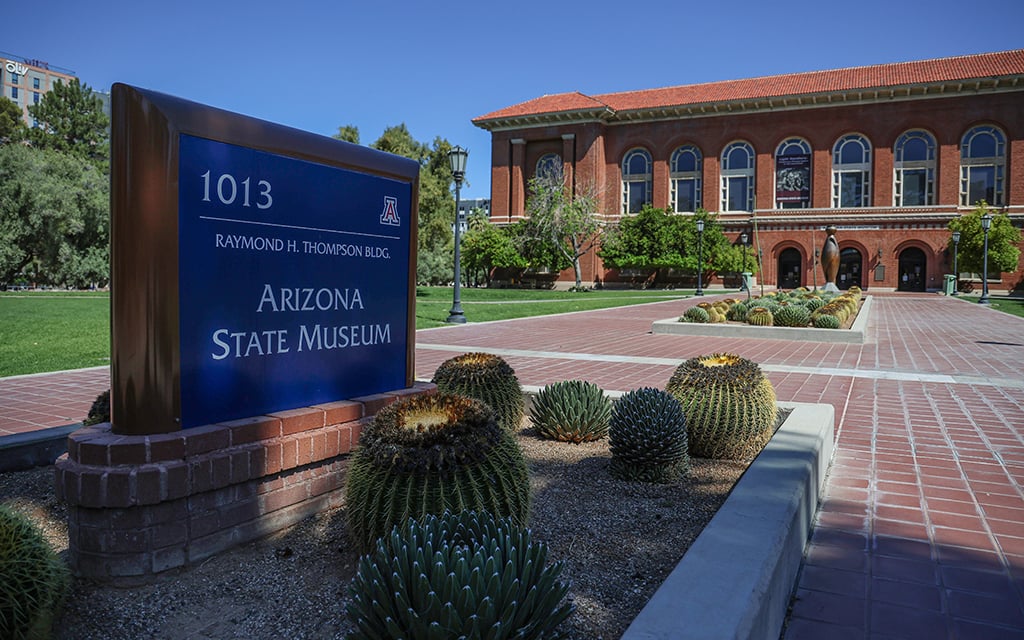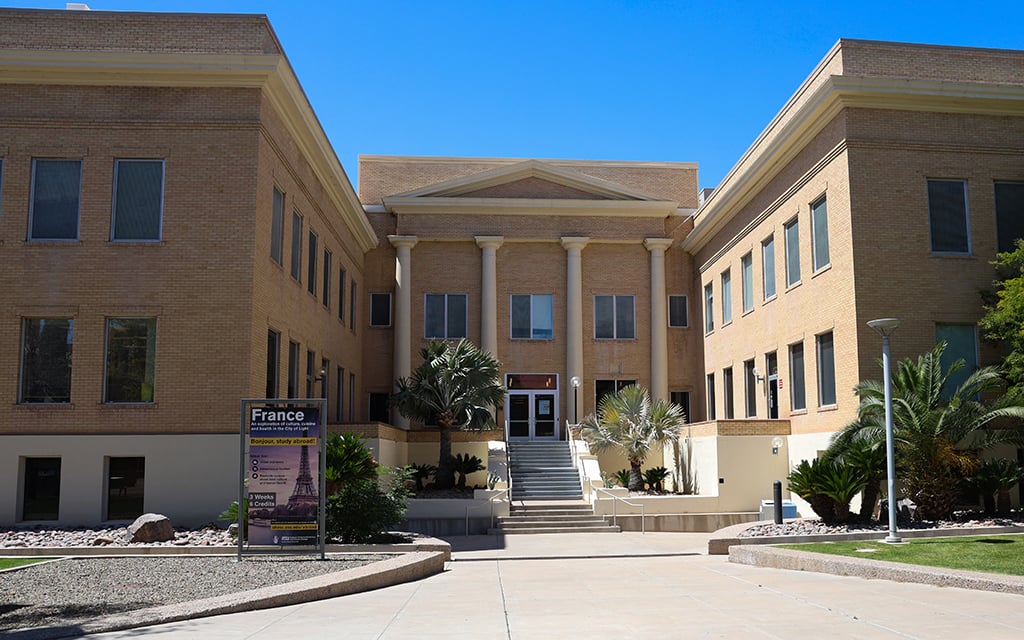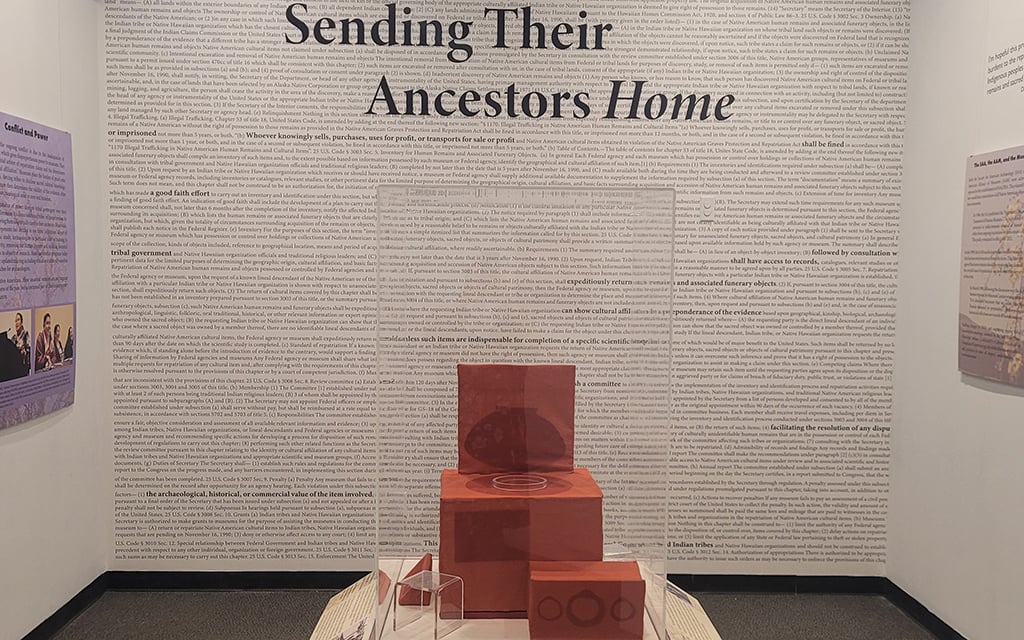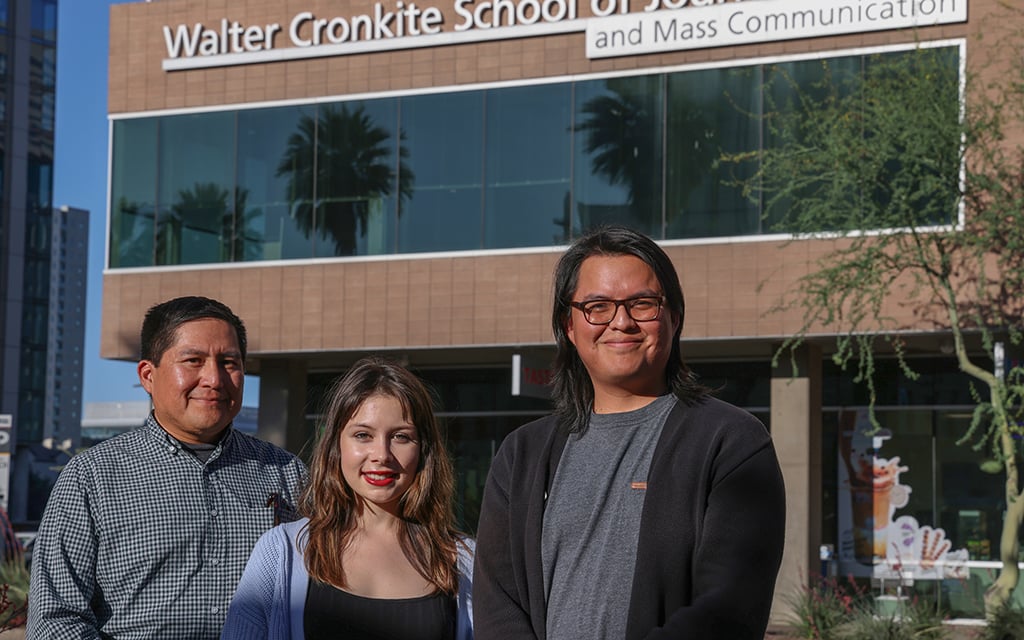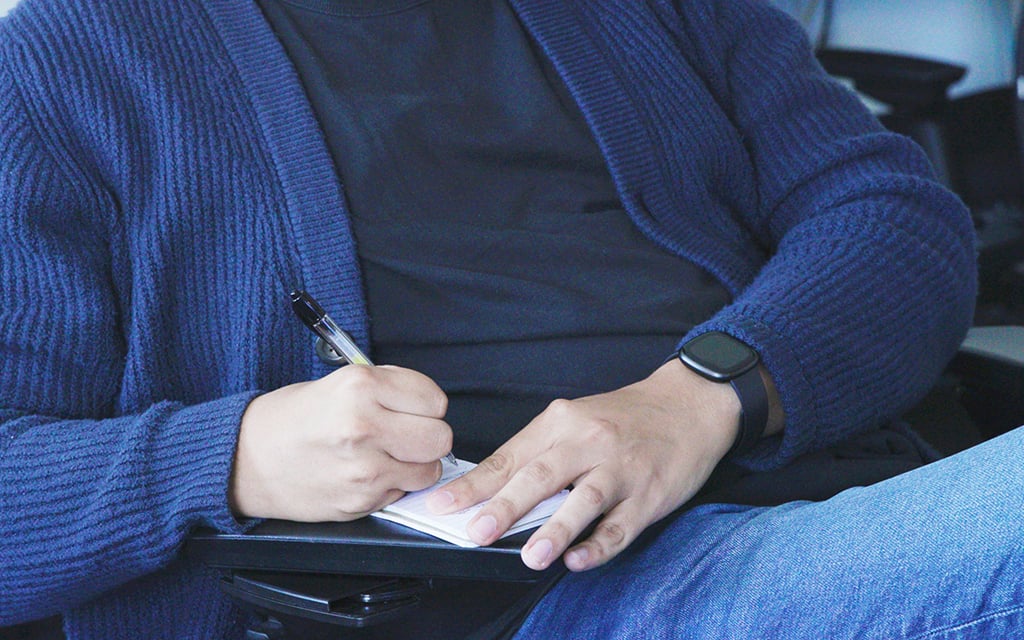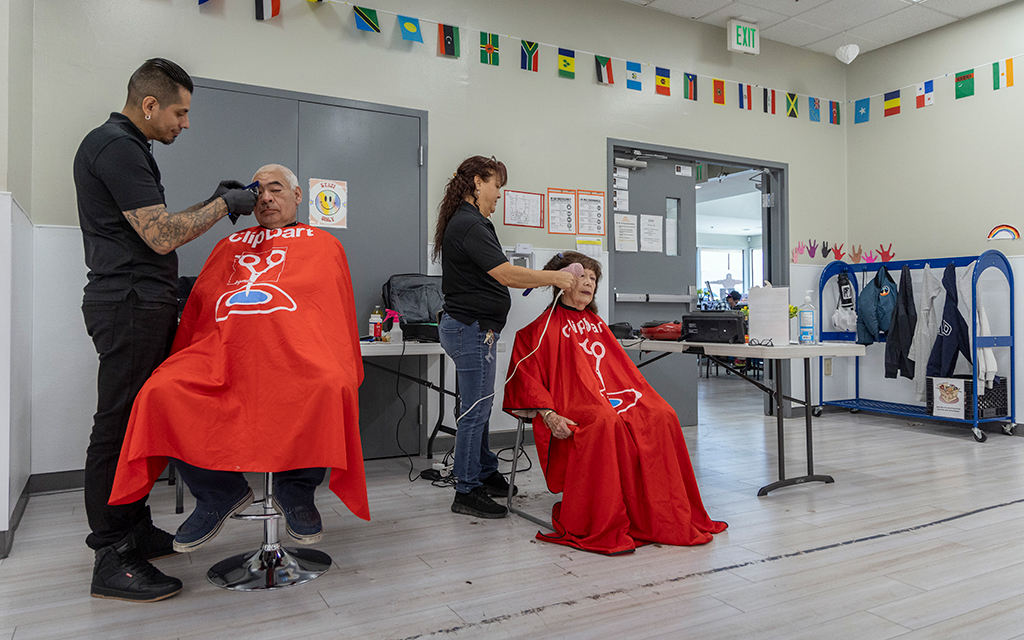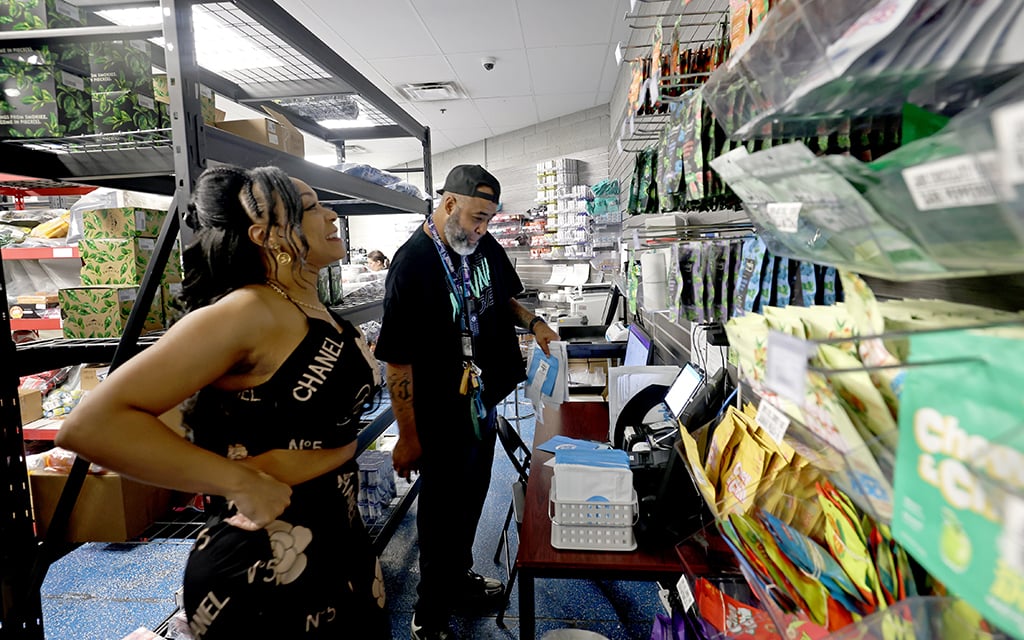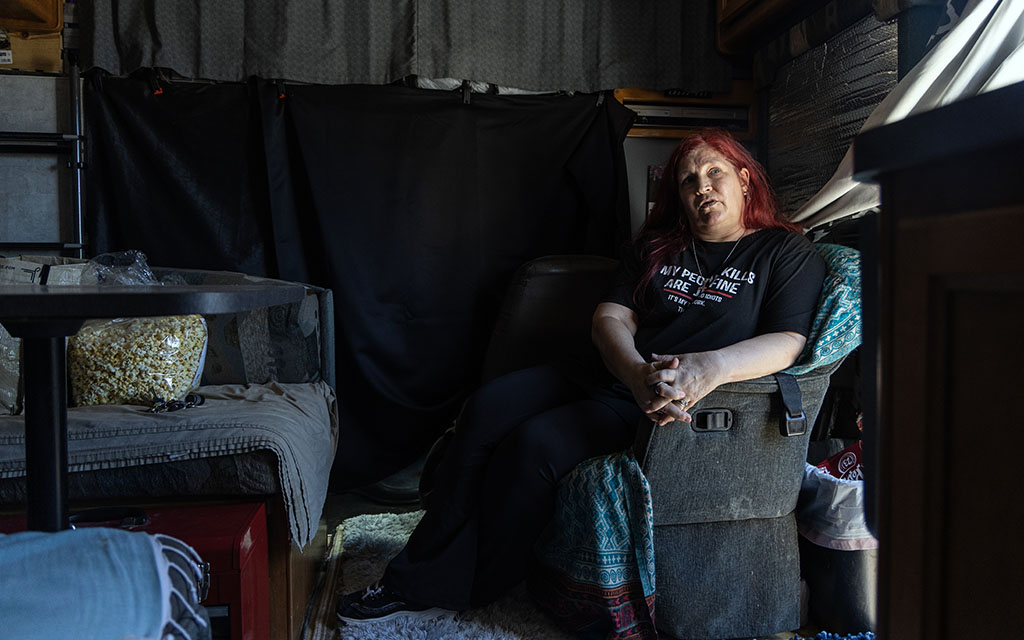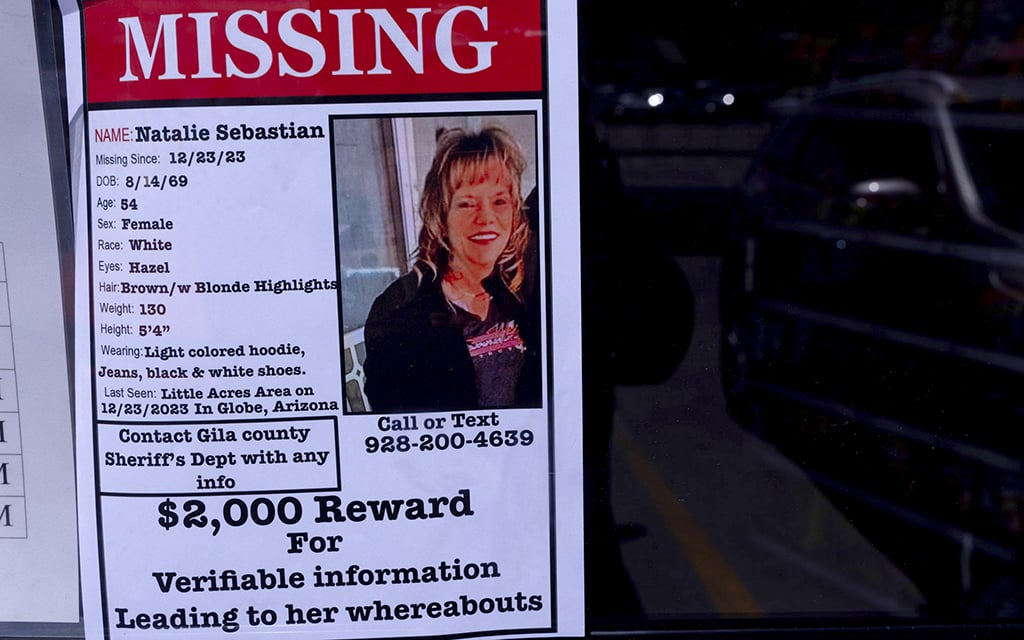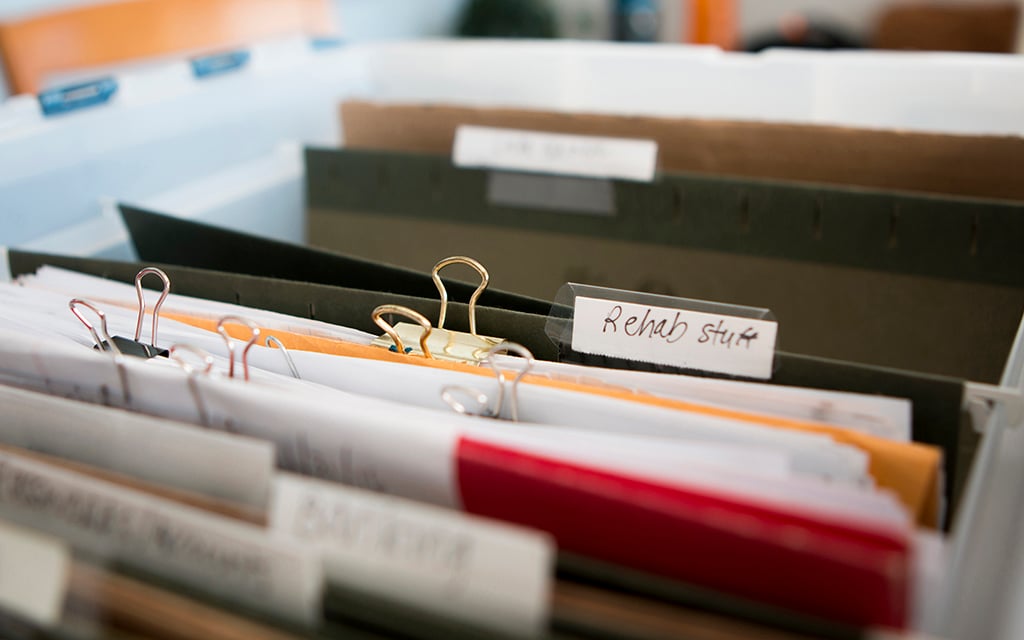Low staffing, space crunch hobble state museum’s Native American repatriation work at UArizona
TUCSON – The Arizona State Museum holds the largest number of Indigenous remains in Arizona. But the museum has struggled to comply with a 1990 law to repatriate Native American remains and artifacts because of staffing and space shortages.
Misplaced artifacts, inaccurate inventories and 2% of Native American remains returned to tribes: Inside ASU’s repatriation record
PHOENIX – Arizona State University has made under 2% of its Indigenous human remains and artifacts available to Native American tribes, one of the lowest rates in the nation, according to an analysis by Cronkite News and the Howard Center for Investigative Journalism at ASU.
What is the Native American Graves Protection and Repatriation Act of 1990?
The Native American Graves Protection and Repatriation Act empowered Indigenous people to reclaim ancestors and artifacts from American museums. The 1990 law is regarded as one of the most significant Indigenous civil rights laws of the 20th century.
Community, healing and justice: Indigenous journalists share what reporting on repatriation meant to them
PHOENIX – Three Indigenous Cronkite reporters describe how reporting on the repatriation of Native American remains deepened their appreciation for returning ancestors home.
How Cronkite News and the Howard Center reported on NAGPRA
PHOENIX – Journalists at Cronkite News and the Howard Center for Investigative Journalism reported on how Arizona public universities have complied with the Native American Graves Protection and Repatriation Act of 1990. Here’s how they did it.
Boosting mental health through haircuts: ClipDart recreates barbershop, salon experience for Glendale older adults
GLENDALE – ClipDart is working to boost mental health for vulnerable community members through the power of quality haircuts. The nonprofit recreates an authentic barbershop and hair salon experience by bringing skilled barbers and hair stylists to people who can’t access these kinds of services.
Social equity: Critics say Arizona’s cannabis program did ‘exact opposite’ of what voters intended
PHOENIX – Arizona legalized recreational marijuana and established a social equity ownership program. Critics say the state failed to establish a fair program. We explain how it happened.
In rare bipartisan agreement, House and Senate push to lift ban on felons with drug-related convictions receiving SNAP benefits
WASHINGTON — The Farm Bill advancing in the U.S. House would lift the 28-year ban on felons with drug-related convictions receiving SNAP benefits. Ex-offenders and prison advocates say this will make rehabilitation and returning to life after incarceration easier.
Supreme Court dashes Arizona death row inmate’s hope to avoid death penalty in 1992 double murder
WASHINGTON – The U.S. Supreme Court ruled 6-3 that Danny Lee Jones, on Arizona death row since 1993, won’t be resentenced despite claims his lawyer didn’t do enough to win sympathy at sentencing.
Sedona parking lot program to ease homelessness on hold until November election
SEDONA – Sedona has been looking for solutions to its homelessness problem, and city leaders think the Safe Place to Park Program could be a step in the right direction. However, residents against the program stalled the measure by pushing it to a public vote in November.
Globe detective, private investigator work to solve missing-person case
GLOBE – After Natalie Jo Sebastian went missing in Globe in December, the Gila County Sheriff’s Office got to work. Sebastian’s husband also hired a private investigator, who has been feeding leads to the detective.
Indigenous advocates work to combat fake sober living homes in Arizona
PHOENIX – After Arizona legislation targeting fake sober living homes failed, tribal advocates across the state are working to combat the $2.8 billion Medicaid scheme that targets vulnerable Indigenous individuals.
